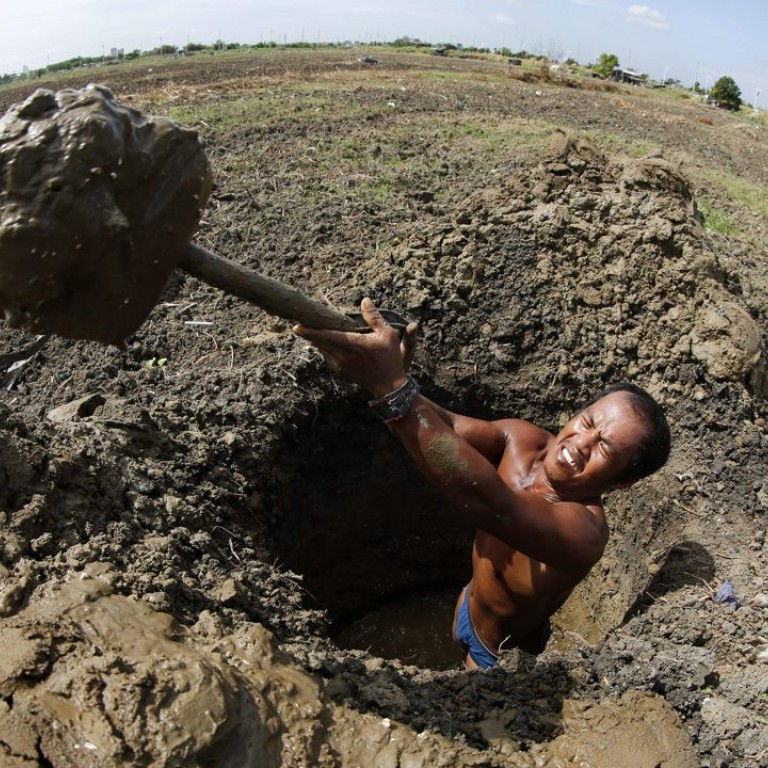
Paris climate summit: World must keep food security in focus as population grows
Jose Graziano da Silva says food security has to remain a key concern at the talks, given global warming’s devastating impact on food production
READ MORE: Climate change and food security are key to global stability
Goal 13 says countries should take urgent action to combat climate change and its effects. Failure to do so would put at risk the achievement of all the other goals, in particular the fight against hunger. Countries gathering in Paris must bear this in mind.
A world free of hunger is within our reach. We produce enough food, we possess the technology, and we know what policies and actions work best. Yet climate change, including more frequent extreme weather events, represents a barrier that stands in the way of realising this goal.

Only through close co-operation can we ensure the progress we have made on food security is not compromised by the impact of climate change
We need a global framework to support development and growth while conserving our planet’s natural resources, particularly in rural areas. The Sustainable Development Goals are a central part of this framework.
Our overarching goal is to ensure food security for all remains at the centre of the climate debate. To this end, the Paris framework needs to support technology transfer, capacity development and the mobilisation of finance. These efforts will benefit everyone.

READ MORE: Winter is not coming: man-made climate change is wiping out seasonal temperature differences
Only through close co-operation can we ensure the progress we have made on food security is not compromised by the impact of climate change.
Simply put: achieving food security and adequate nutrition for all for a growing population under a changing climate means we have to learn to produce more with less. This is a call to action.
Jose Graziano da Silva is director general of the UN Food and Agriculture Organisation
